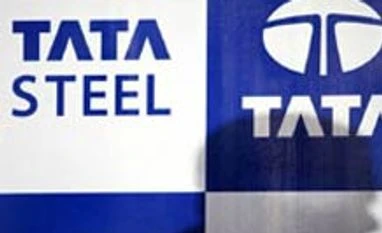This has raised the prospects of Tata Steel using the rally to raise fresh capital and cut its dependence on Tata Sons. Which would enable the latter to give more support to other companies such as Tata Power, Tata Teleservices and Tata Telecommunications, besides loss making ventures such as Infiniti Retail, Tata Sky and Tata Capital.
Tata Sons has for a little over five years been an investor of last resort for Tata Steel. It has infused fresh equity worth nearly Rs 3,000 crore in the company in three tranches, starting with a warrant conversion in 2007. All these were at a premium to the prevailing stock price. For example, in January 2012, Tata Steel allotted 12 million shares to Tata Sons at Rs 594 a share on conversion of warrants, when the stock price was Rs 436. In all, the company has raised fresh equity capital worth Rs 6,461 crore since 2007, through four issues.
"The recent rally in the stock price signals a strong investor confidence in the company. They (Tata Steel) are certainly in a position to go for external sources like foreign banks with a refinancing proposal," said Giriraj Daga, senior analyst with Nirmal Bang Securities.
The company previously raised equity from non-promoter investors in January 2011, taking advantage of the post-Lehman crisis rally. At the time, its market capitalisation was nearly Rs 60,000 crore, highest since the Corus acquisition. The company raised around Rs 3,500 crore through a follow-on offer to domestic and foreign investors, to fund expansion of its Jamshedpur plant.
There are reports that Tata Steel is in talks with banks for a $3-billion loan to refinance a part of its debt it raised in the past to fund the Corus (now Tata Steel) acquisition. The company refused to comment on the news.
"When Tata Steel earlier raised money from its promoter, it was desperate as it needed funds but its share price was not high enough for it to get external funding at reasonable cost," said an analyst with a local brokerage. "External equity funding becomes attractive only when the stock price is high, translating into low equity dilution."
This situation is similar to the role Tata Sons played as a promoter until Tata Motors got on its feet after the turnaround in the fortunes of Jaguar Land Rover.
Tata Motors' rights issue to fund the JLR acquisition in 2008 was under-subscribed and Tata Sons picked up the entire unsubscribed portion.
After a turnaround in JLR and a rally in Tata Motors' share price, the company has repeatedly raised equity from the market, through convertible bonds and qualified institutional placements.
)